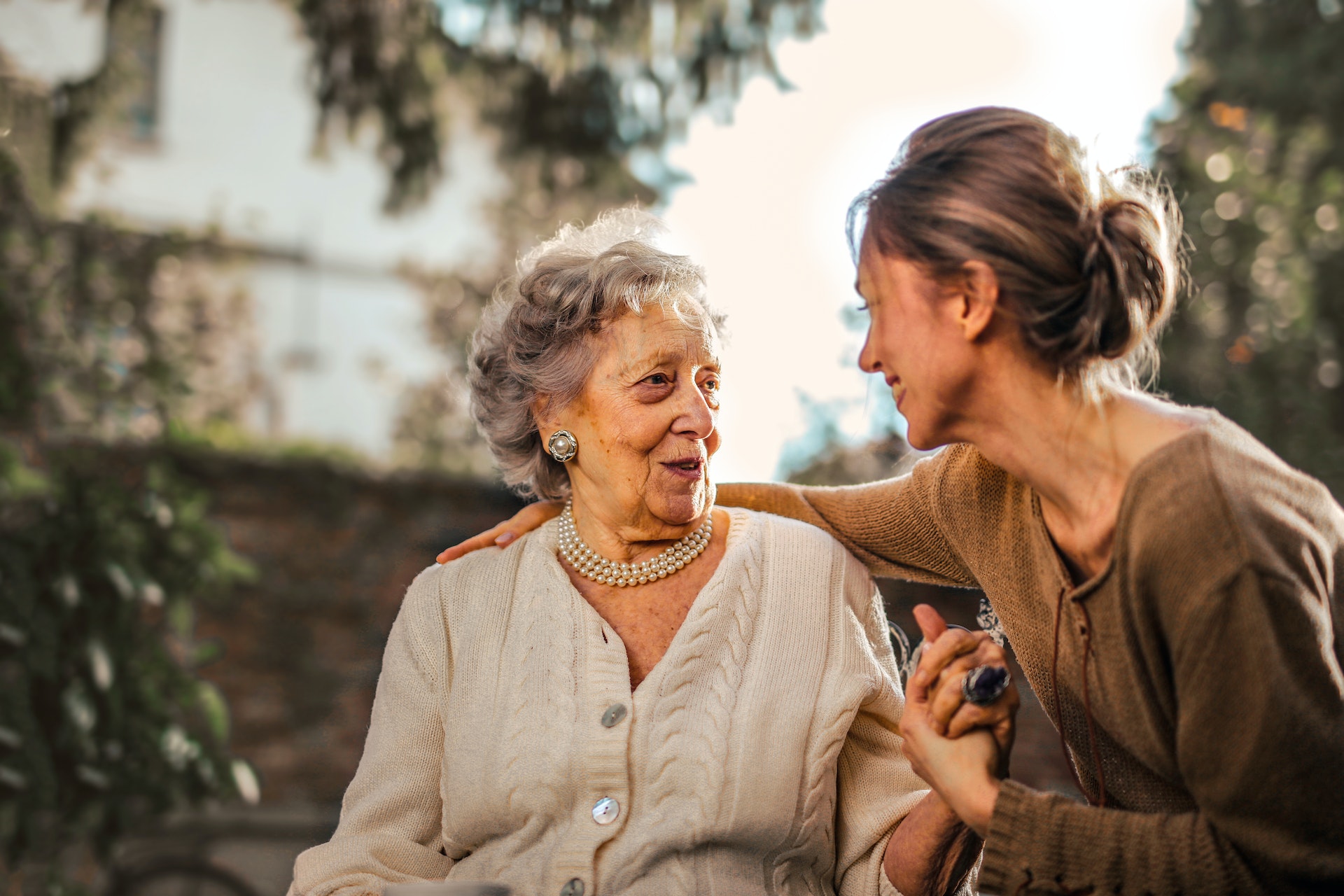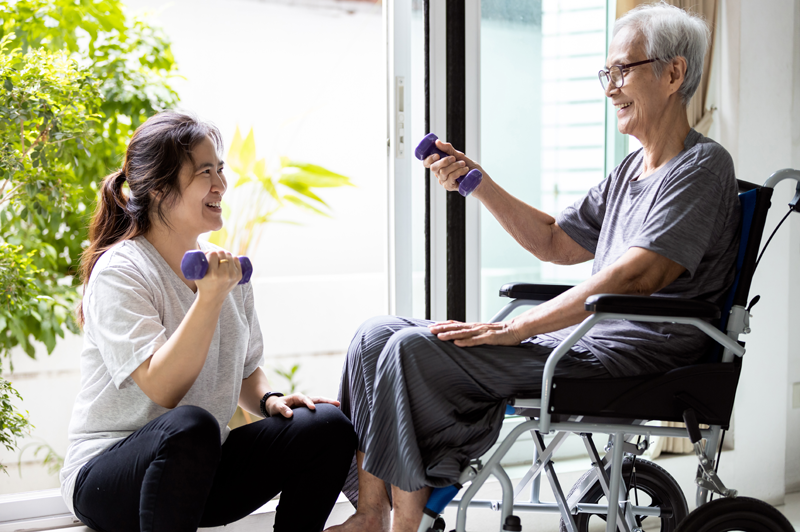How to Deal With Stress When Caring for an Elderly Parent

(Photo Credit: Andrea Piacquadio)
When you are caring for an elderly parent, the stress can be overwhelming at times. You may feel like you are constantly juggling responsibilities and trying to meet everyone's needs. However, there are some things you can do to help ease the stress of caregiving:
Take Care of Yourself First
If you're not taking care of yourself, you won't be able to take care of anyone else. Ensuring you get enough sleep, exercise regularly, and eat healthily is essential. Taking care of yourself will help you be more patient and present with your parent. It may also be helpful to practice relaxation techniques such as meditation or yoga. These activities can help reduce stress and promote calm and peace. Talking to your therapist or counselor regularly about how you feel is important. They will help you find healthy ways to cope with stress.
Consider a Support Group
Joining a support group can provide you with much-needed emotional support. These groups are usually made up of other caregivers who can offer advice, understanding, and a shoulder to cry on. They can offer helpful tips on dealing with challenging behaviors, managing medications, and navigating the health care system.
If you're not sure where to find a support group, your local Area Agency on Aging can help you locate one in your area. You can also search for caregiver support groups or join an online forum if you cannot attend in-person meetings. Some popular caregiver forums include:
- Caregiver Action Network
- Working Daughter
- AARP Caregiving Forum
- The Alzheimer's Association
Understand Your Parent's Needs
Understanding your parent's needs is vital to provide the best care possible. Be aware of your parent's physical and mental limitations, as well as their overall health. If your parent has dementia or Alzheimer's, it is crucial to understand their condition and how it may affect their needs.
Remember, as your parent age, they often become more vulnerable to accidents and health emergencies. A fall, for example, can lead to a serious injury, while a sudden onset of chest pain could be a sign of a heart attack. In such situations, every minute counts, and it is essential to have access to help as quickly as possible. That is where a medical alert device can be invaluable. This way, they push a button on their bracelet or necklace, and someone will be notified immediately.
There are many different medical alert devices on the market, do your research before choosing one. A good start is reading the best medical alert devices comparison to see which features are most important to you and your loved one.

Find Time for Activities You Enjoy
It's easy to get bogged down in caregiving and forget having a life of your own. Schedule some "me time" into your week, even if it's just an hour or two. During this time, you can do something that you enjoy, such as reading, going for a walk, or taking a yoga class. You could also use this time to socialize with friends or family members. Finding ways to connect with your parent or loved one is also essential. Try to find activities that you can do together, such as watching a movie, going for a walk, or playing a game.
Hire a Professional Caregiver
Hiring a professional caregiver can be a great way to reduce your stress and take some of the burden off of your shoulders. Professional caregivers are trained to provide care for elderly adults, and they can often do things that you may not be able to do, such as help with personal care or manage medications. They can also help with activities of daily living, such as bathing and dressing, and provide transportation to doctor's appointments and other errands. Additionally, they can provide respite care so that you can take a break, run errands, or have some time to yourself.
When choosing a professional caregiver, find someone you can trust with the skills and experience necessary to provide the level of care your parent needs. You should also ensure they are bonded and insured. Schedule a meeting to discuss your parent's care needs and your expectations for the caregiver. This will help ensure everyone is on the same page and your loved one receives the best care.
Take Breaks Regularly
When feeling overwhelmed, take deep breaths and step away from the situation for a few minutes. If possible, ask someone else to take over for a while so that you can take a nap, go for a walk, or have some time to yourself. It's important to remember it's okay to ask for help.
You should also try to schedule regular vacations or weekends away, even if you stay with a friend or family member for a few days. It will give you a much-needed break from the demands of caregiving and help you recharge your batteries. If possible, plan your vacations to have something to look forward to.
Caring for an elderly parent can be a rewarding but also stressful experience. It's important to find ways to deal with stress to enjoy your time with your loved one and avoid burnout.